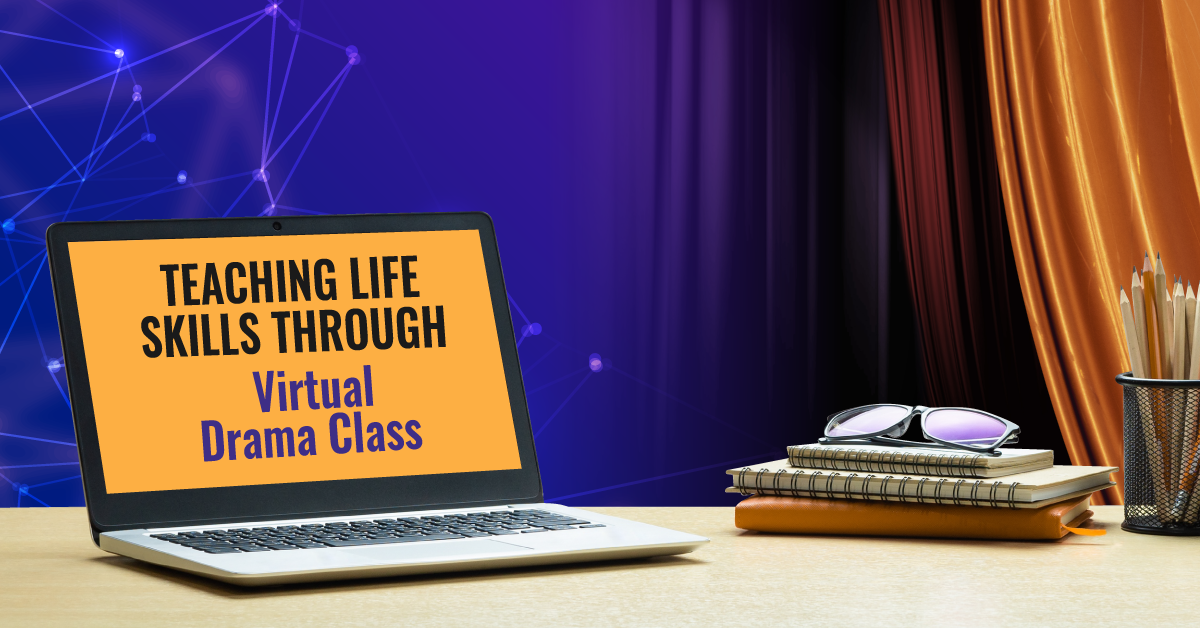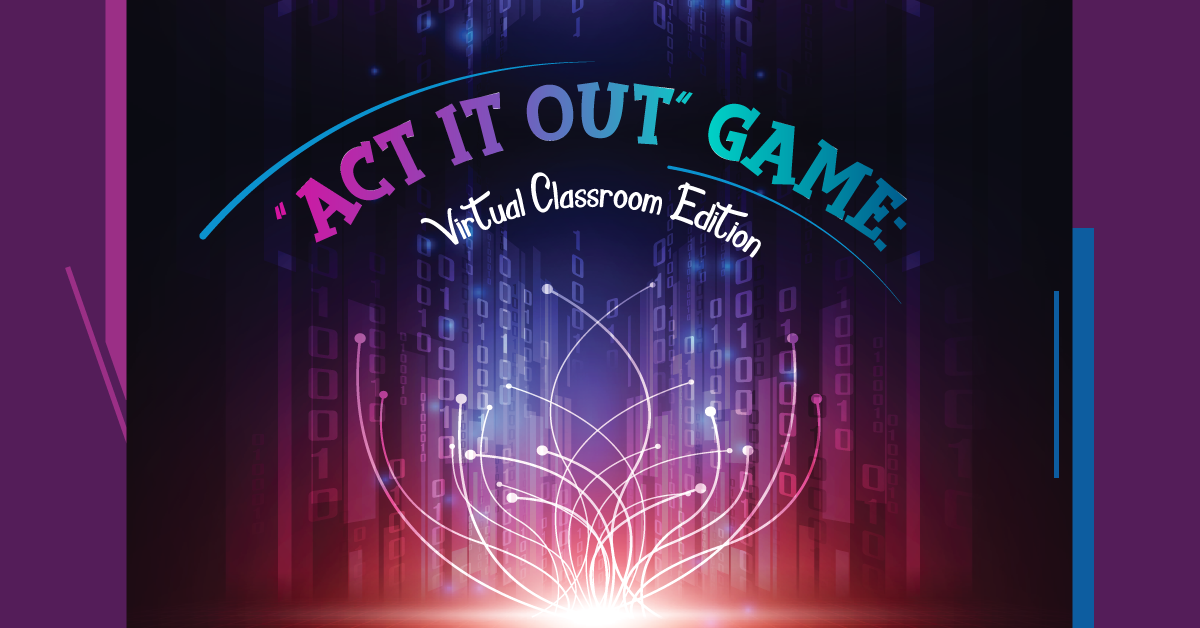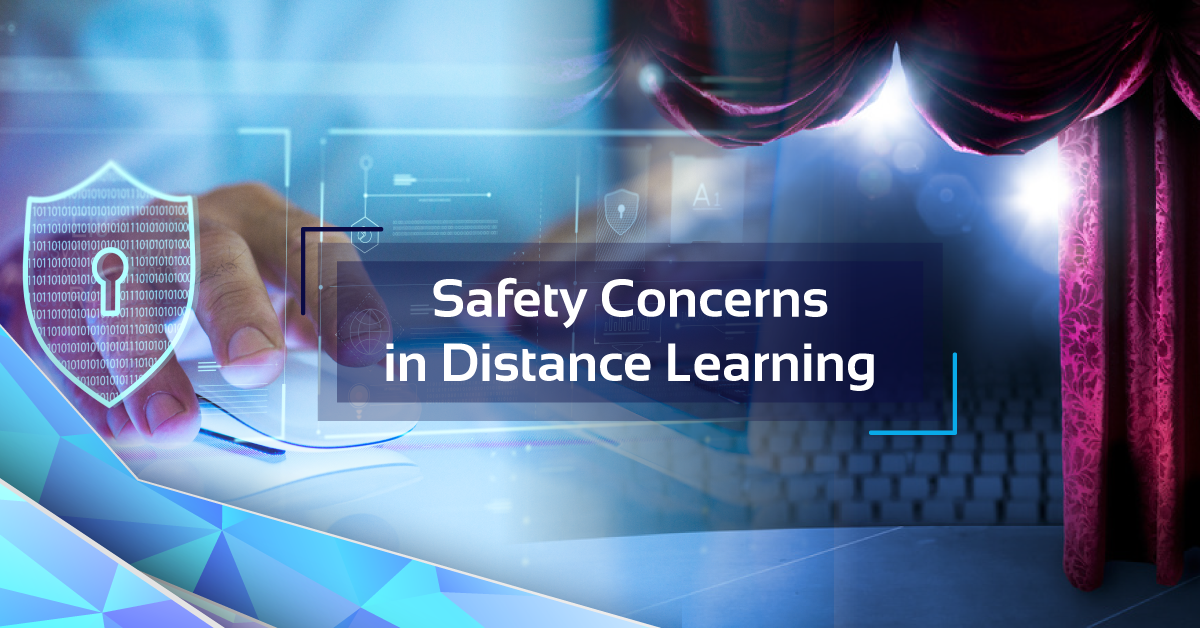Agatha Rex by Lindsay Price is a bold high school take on Antigone - packed with heart, conflict, and a powerhouse ensemble. One girl. One stand. One huge risk. *NEW COMPETITION VERSION AVAILABLE!*
Teaching Life Skills Through Virtual Drama Class
We’ve talked at length on the Theatrefolk blog about how studying drama can benefit students outside the drama classroom and how students can learn and develop soft skills from working on a production. And these learning opportunities don’t disappear when students study drama through distance learning.
Although teaching drama online is challenging because of the physical disconnect between students and teachers, it’s still important for students to have the opportunity to continue taking arts courses. They are learning transferable skills in drama class – skills that are applicable to other aspects of their lives. Let’s look at some of them:
1. Students are learning to communicate their thoughts and ideas through different technological mediums , which is important because our lives are increasingly dependent on technology. They also often teach their parents and siblings how to use different programs and apps, and keep their teachers abreast of what’s currently popular tech-wise among teens.
2. Working on performance skills using their webcams gives students a taste of what it’s like to work in television and film. They learn about framing the camera, positioning their bodies so they can be seen properly, solving audio and lighting issues, troubleshooting technical snafus, recording performances, and editing videos they’ve recorded. These skills are used in a variety of professions, so they can help students build their resumes.
3. Students are learning the technical differences between acting for the stage and acting for the screen. Onstage we are told to go big! Play to the back of the room! For the screen, however, students need to focus on smaller details that are picked up by the camera. Projecting their voices is still important, but it’s different when working virtually – they need to be heard, but they also need to figure out how to avoid feedback and tinny audio.
4. Virtual learning depends on students being self-sufficient, focused, and organized. They need to ensure that they are getting their homework and prep work completed, as well as focusing during virtual class time, while dealing with the competing distractions of home life. They may or may not have the full attention or support of their parents or guardians, so they must be able to support themselves.
5. Because we can see into people’s homes through their webcams, students are becoming more aware of their surroundings – which hopefully encourages them to clean up their rooms more frequently!
6. Emotionally, students are learning to deal with the frustration of not being able to see their friends freely, trying to understand lessons without immediate access to their teachers, and figuring out how to navigate the “new normal,” which is uncertain and ever-changing. For young people, stability and knowing what to expect creates a feeling of security, and right now we don’t have that. So much is being asked of our students, and while they are gaining coping skills, they still need to learn that it’s ok to ask for help, and that there are resources available to them to help them with what they’re feeling.
7. Students are learning to reframe their thoughts about the purpose of the drama class. Virtual drama class looks different than, say, a math class or English class that can be taught seated at a desk in school or at home. Drama students are used to interaction, movement, brainstorming, trying new things, failing, and trying again. That still happens during distance learning – it just looks different now.



